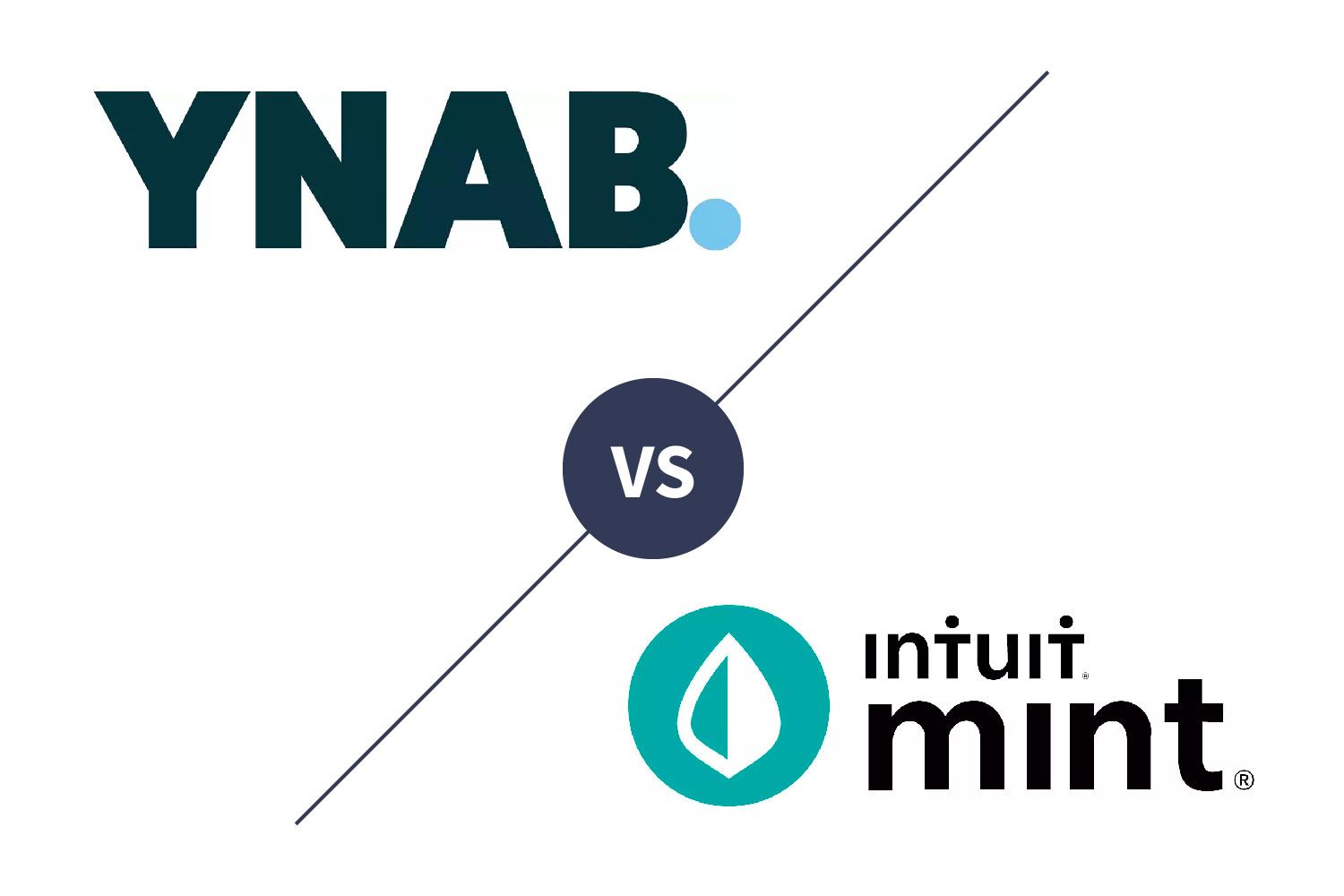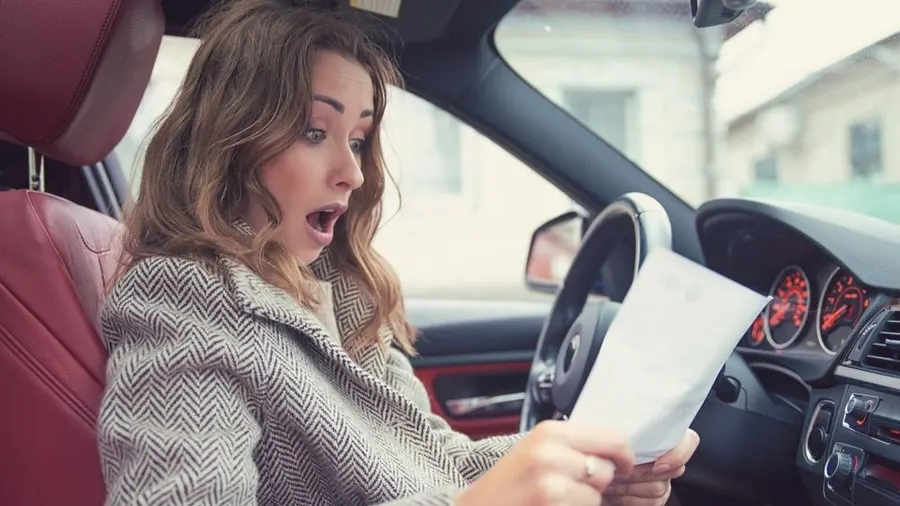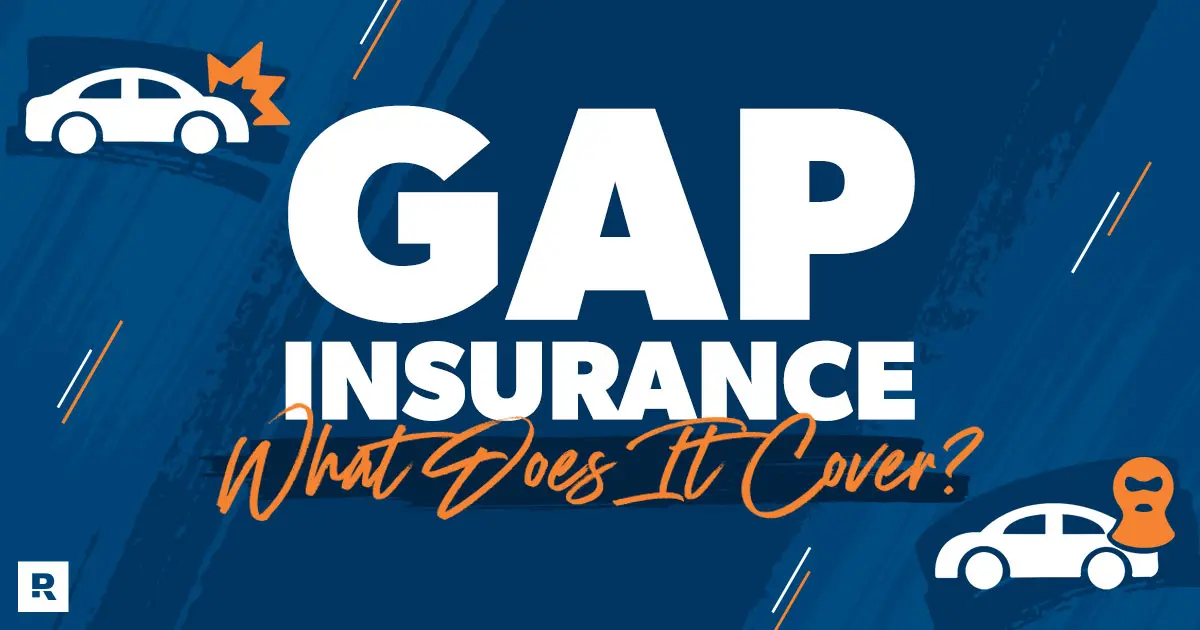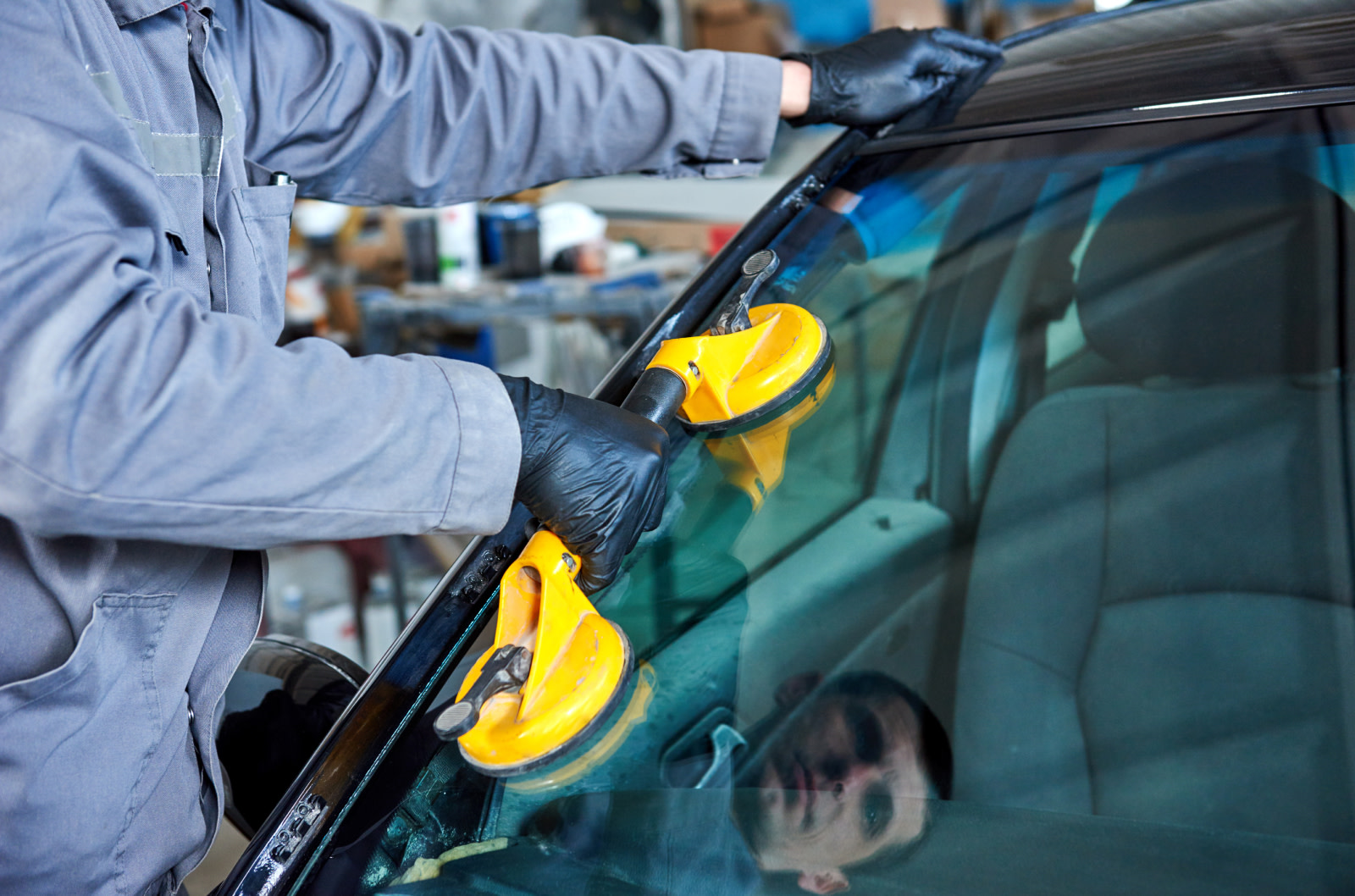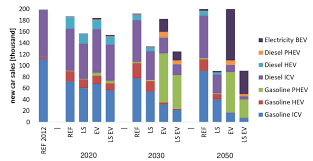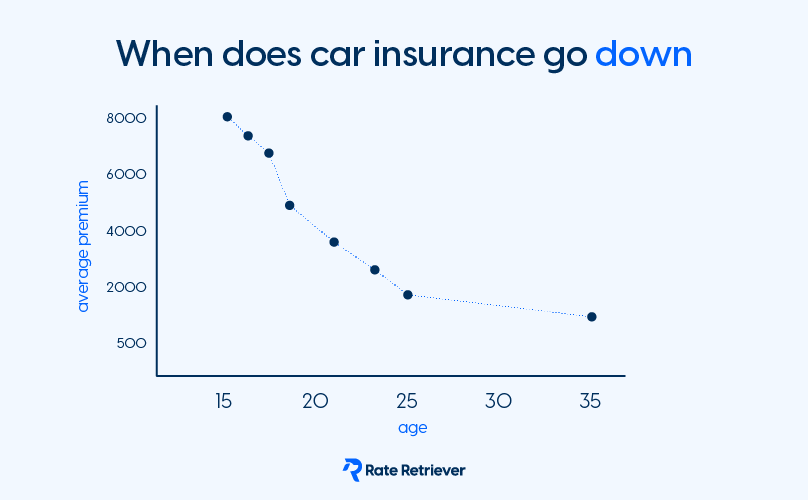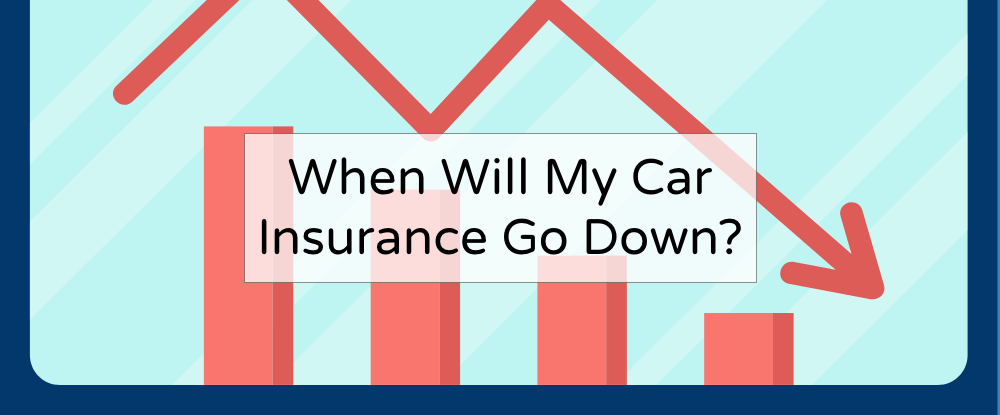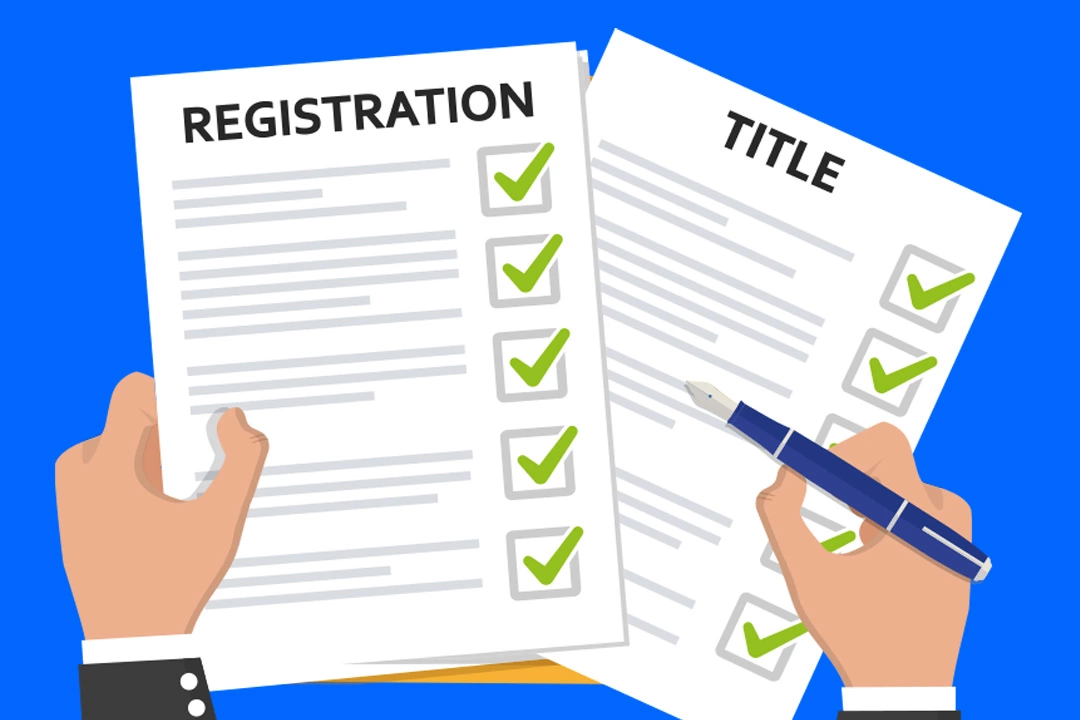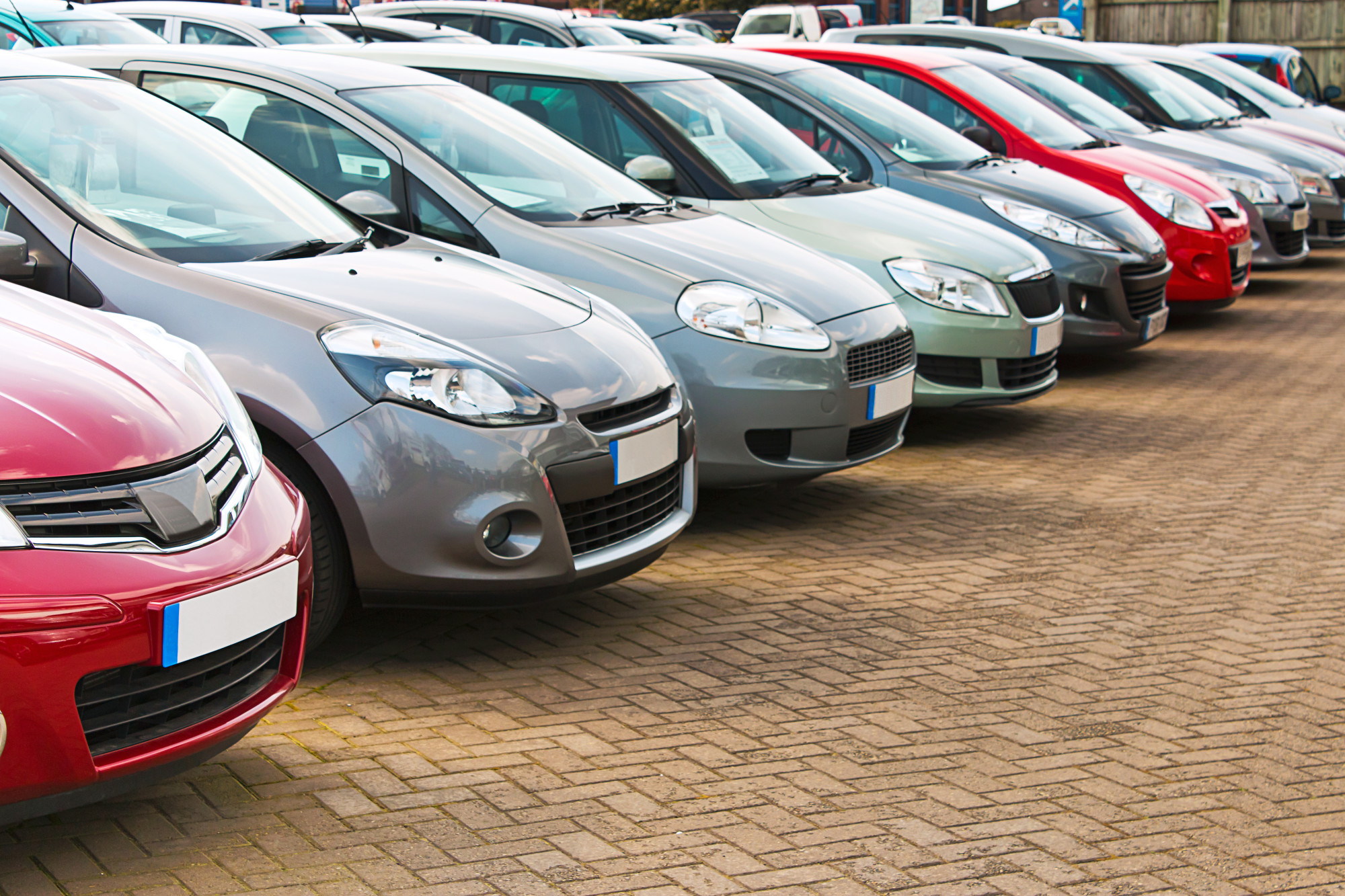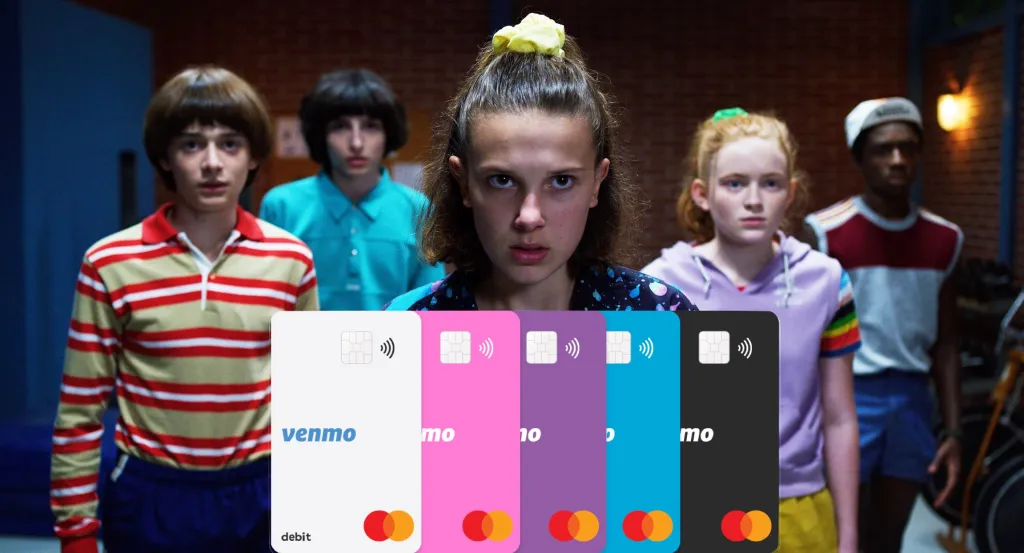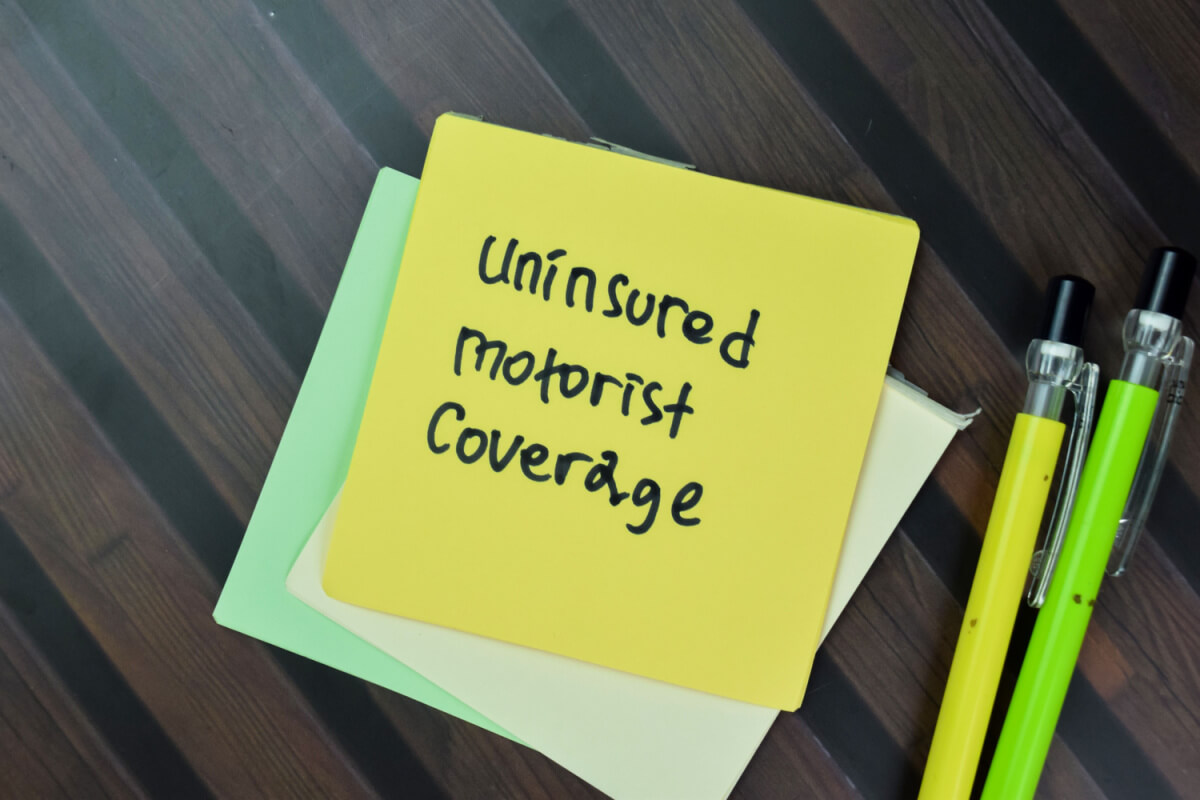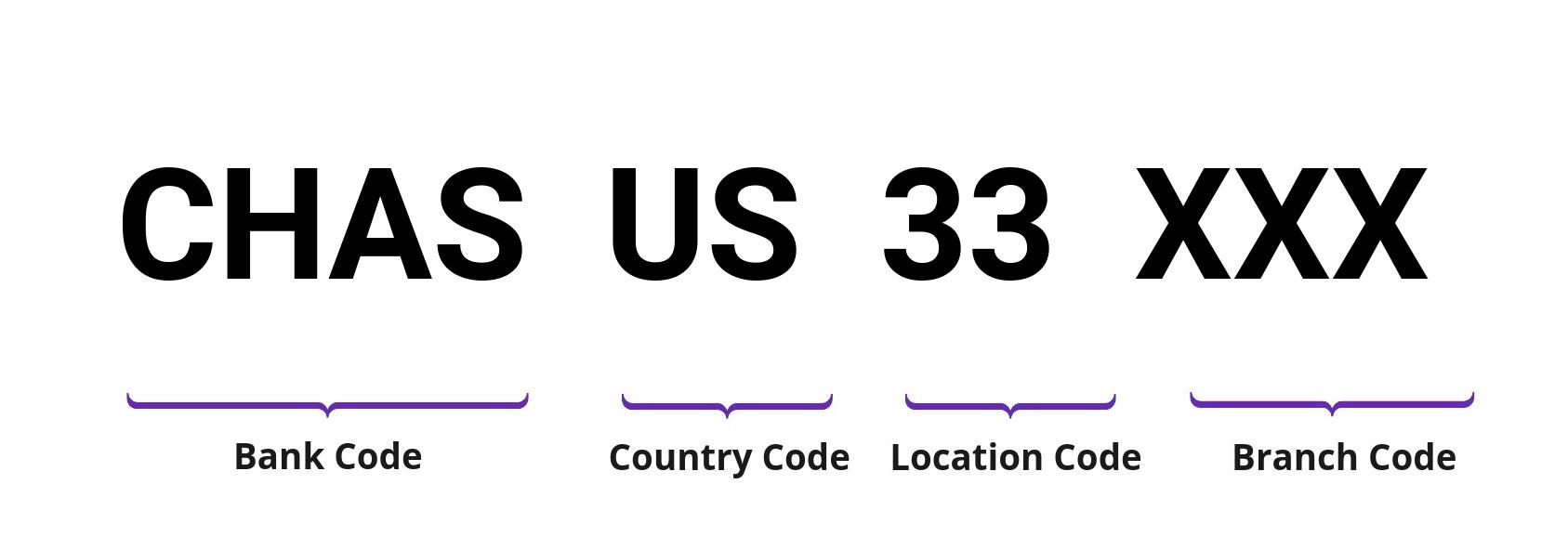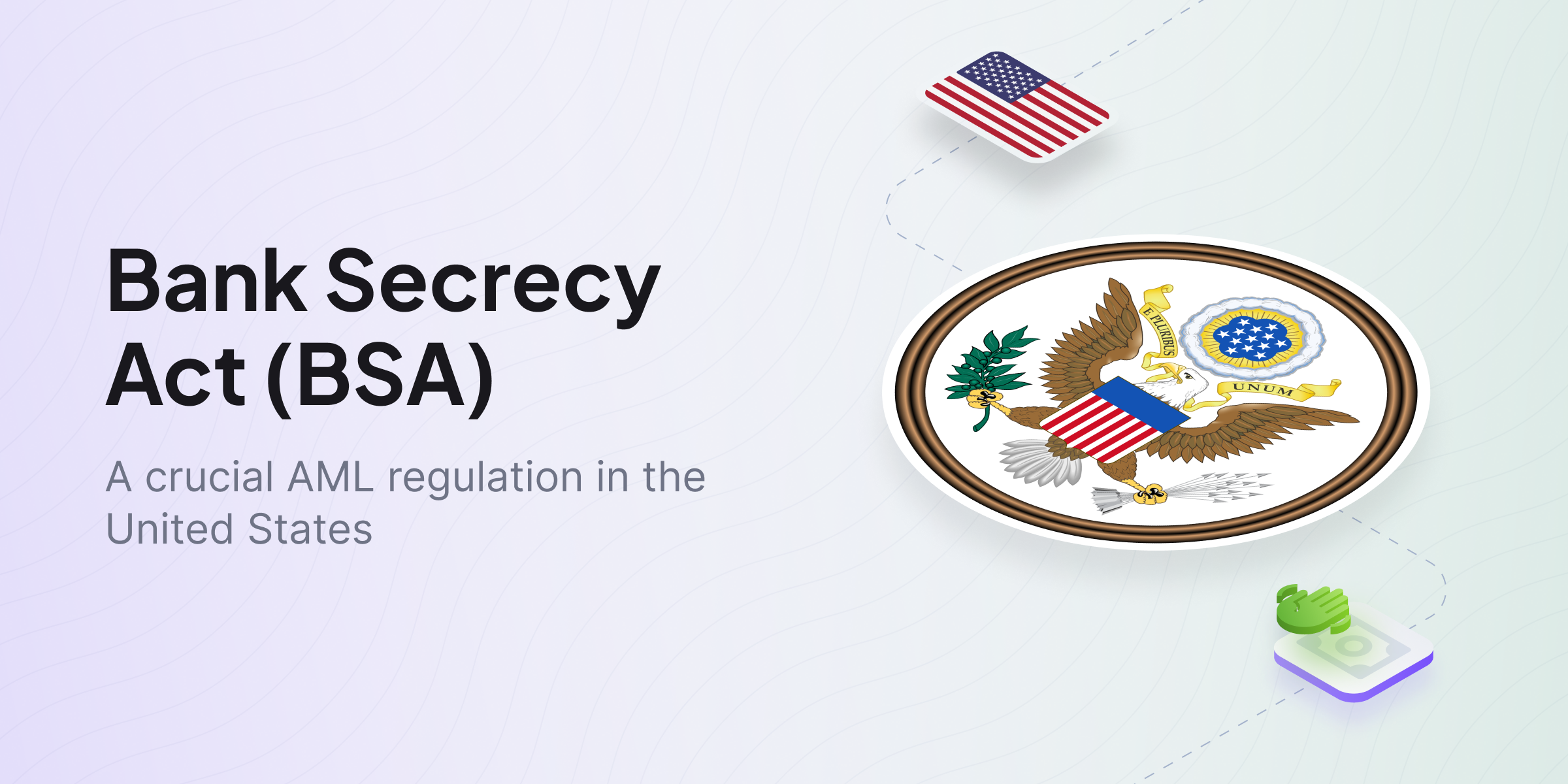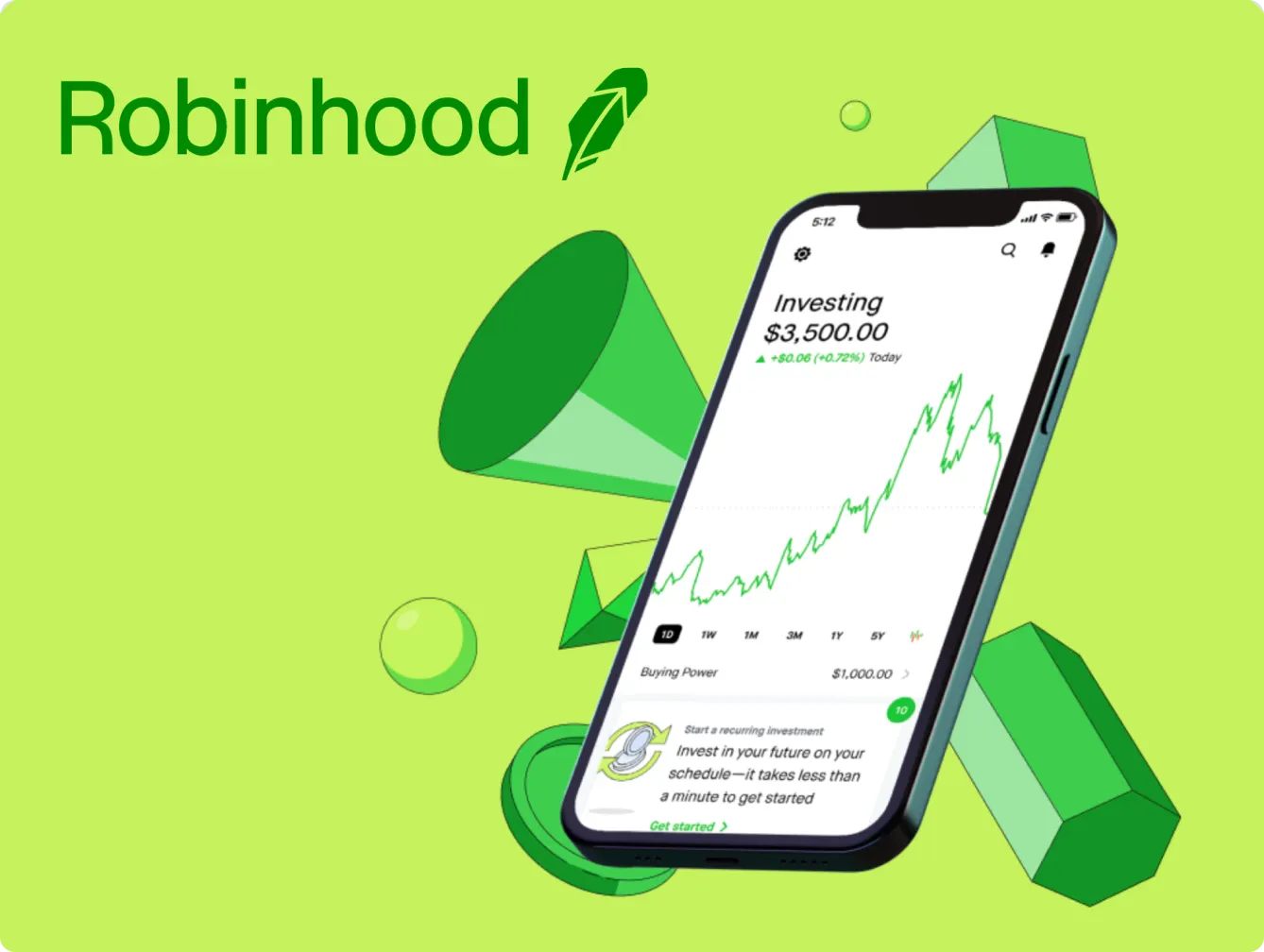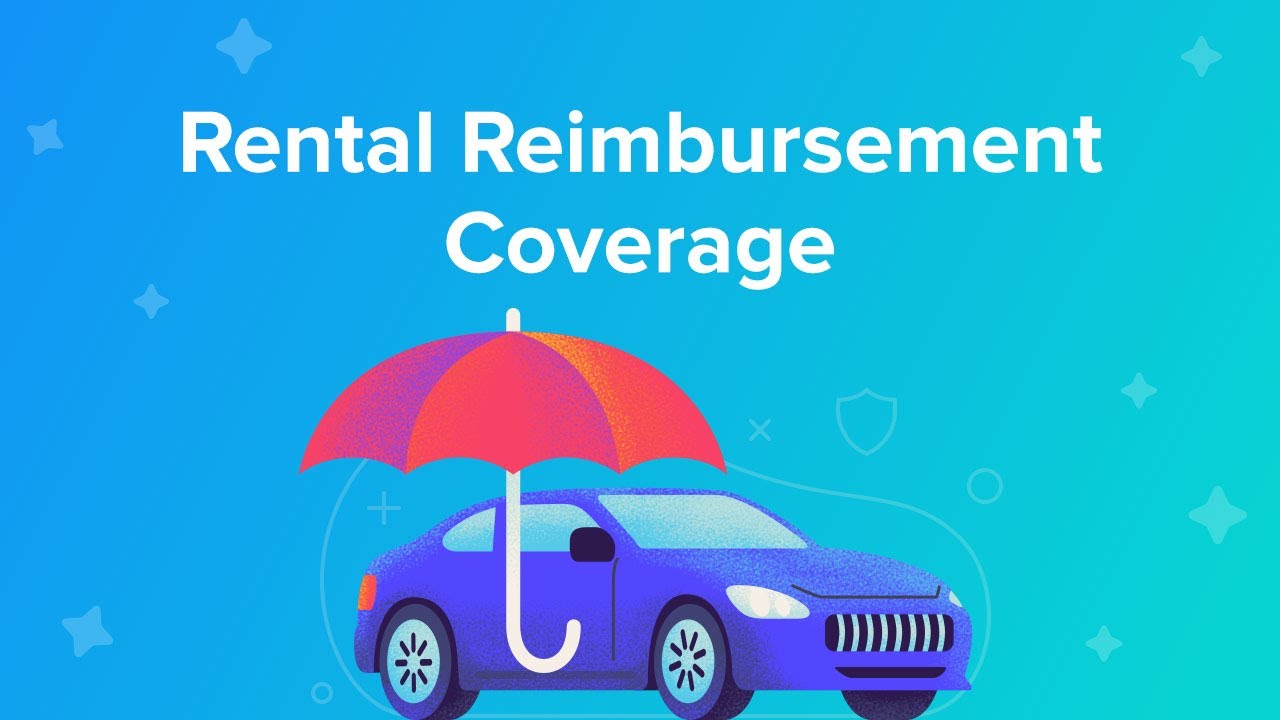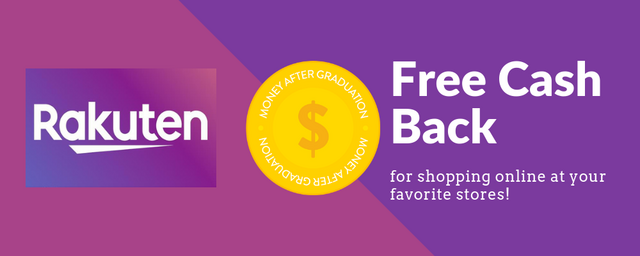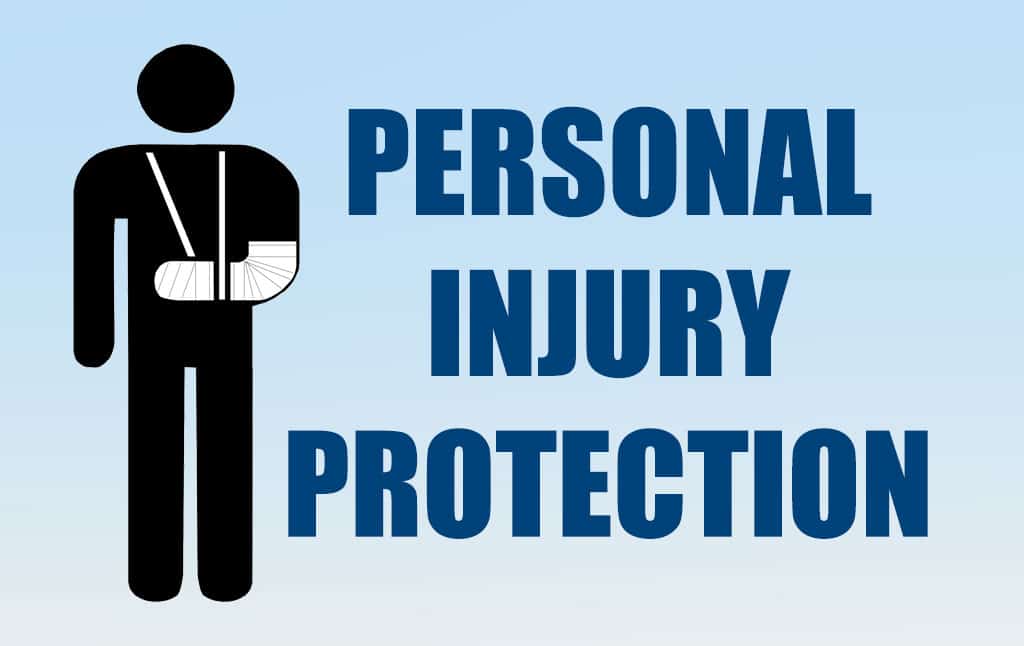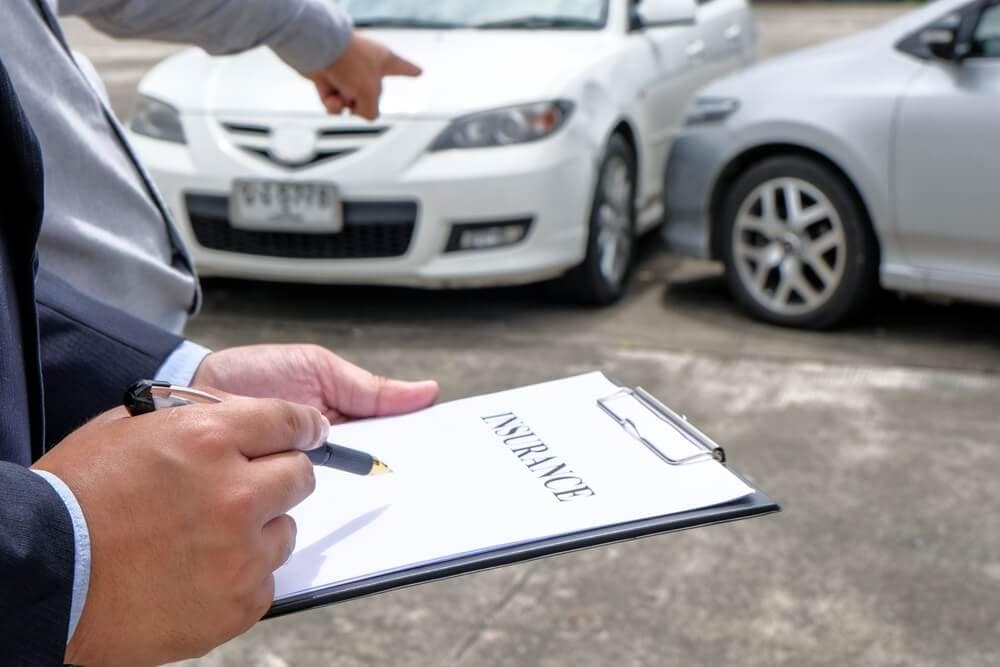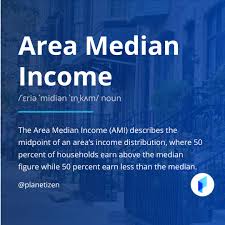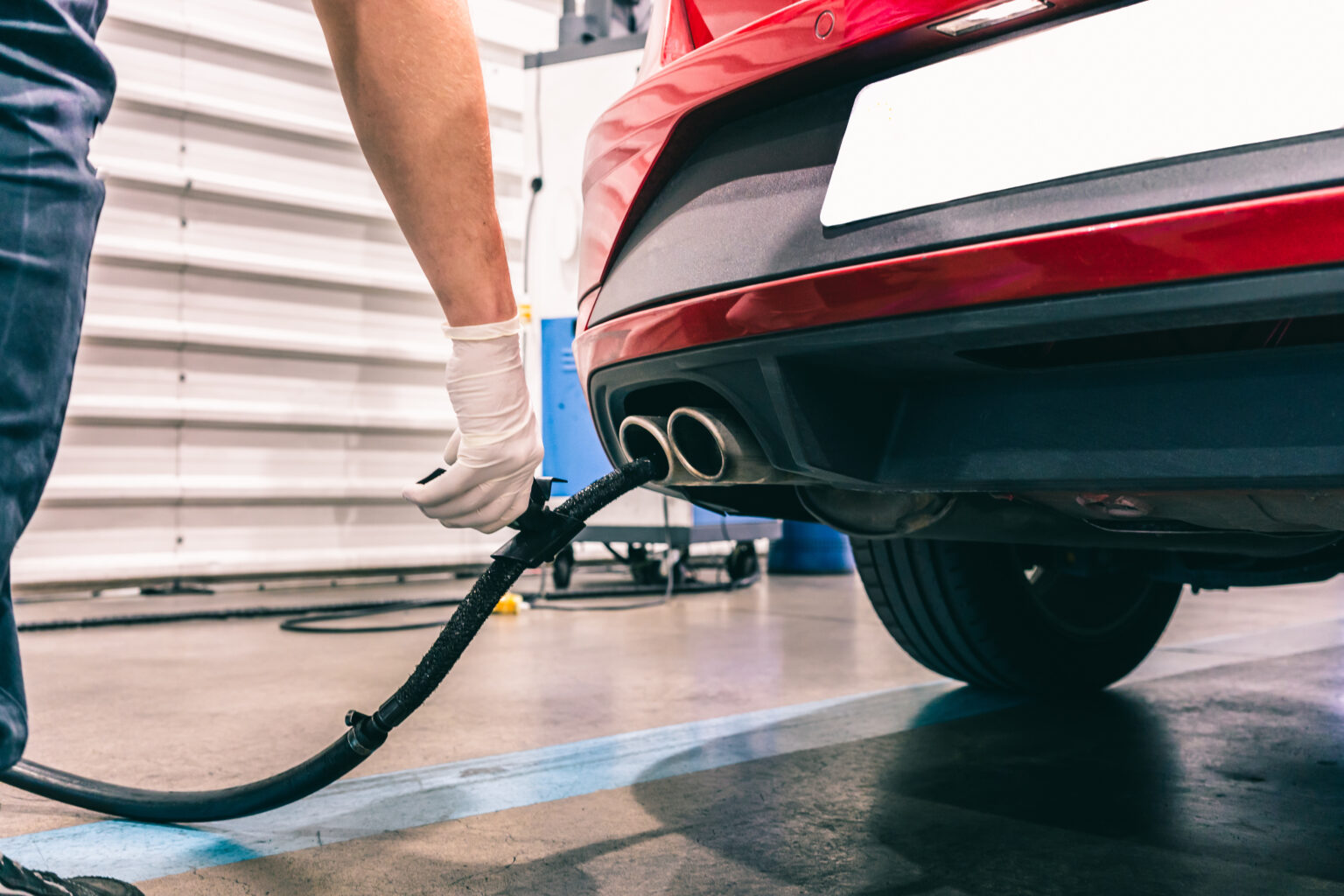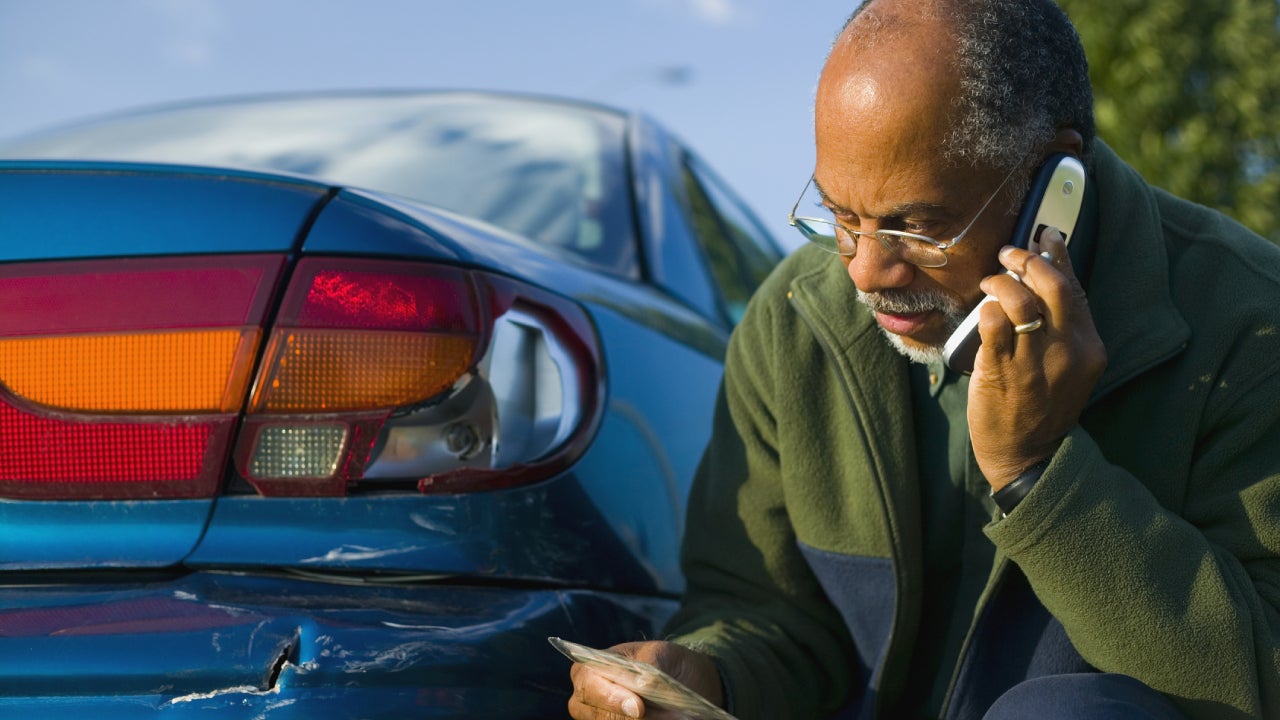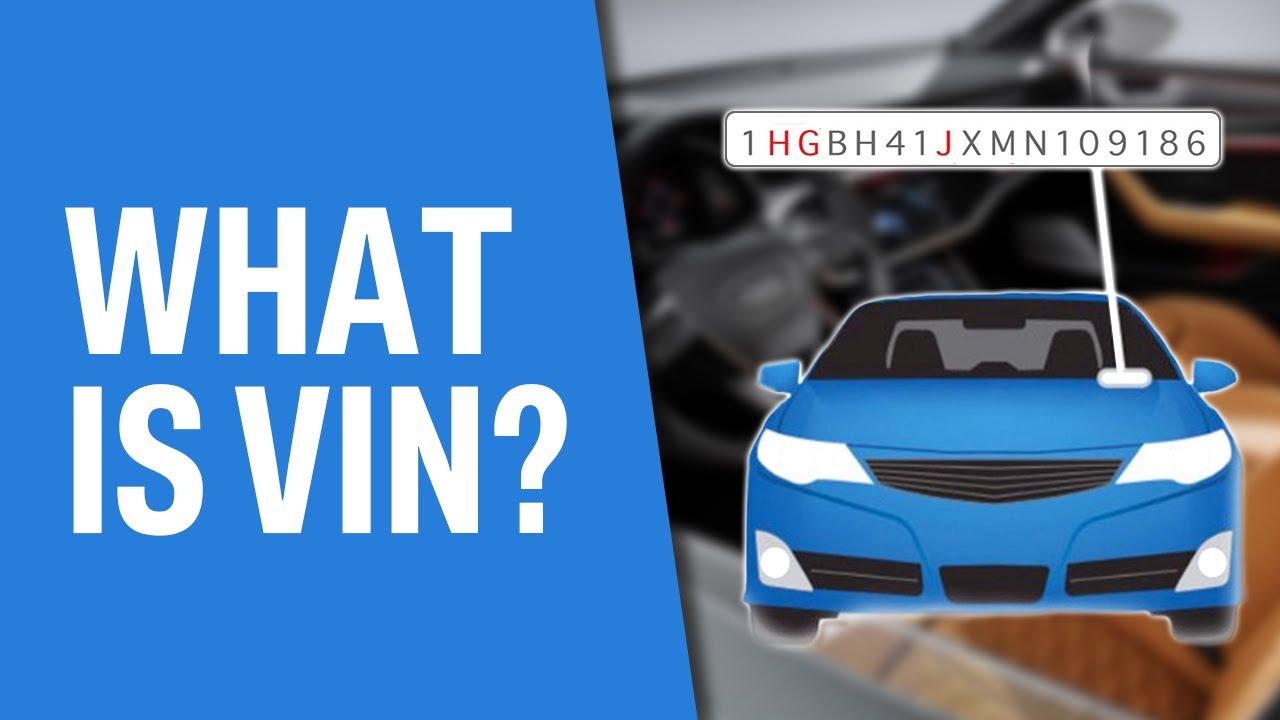Leasing a car offers the flexibility to drive a new vehicle every few years without the long-term commitment of ownership. However, if you fall in love with your leased car, you might consider buying it at the end of your lease—or even earlier. This process, known as a lease buyout, can be a smart choice if you understand the costs and benefits.
Why Consider Buying Your Leased Car?
Familiarity and Comfort: One of the biggest perks of buying your leased car is that you already know it inside and out. You understand its maintenance history, mechanical quirks, and overall performance. If you love your car and have kept it in good condition, a buyout may save you the hassle of car shopping.
Avoid Depreciation Shock: Unlike a new car, a lease buyout vehicle has already experienced its biggest depreciation hit. This means you can get a well-maintained vehicle without losing significant value the moment you drive it off the lot.
Convenience: No need to spend time researching and test-driving multiple cars. If your leased car meets your needs, buying it can be a simple and efficient option.
Vehicle Condition: If your car is in excellent condition, buying it can be a safer choice than taking a chance on an unknown used car.
When It Might Not Make Sense to Buy Your Leased Car
High Buyout Price: The buyout price should ideally be close to or lower than the market value. If it’s higher, a lease buyout might not be a smart financial decision.
Excess Mileage Fees: Leases often have mileage limits, and exceeding them can result in fees ranging from $0.15 to $0.30 per mile. Sometimes, buying the car early can save you from these penalties.
Wear and Tear Charges: Leasing companies expect cars returned in near-perfect condition. Instead of paying for repairs, buying your car might be a better option.
Financing Costs: If you need to finance the buyout, you may incur interest along with taxes, fees, and lender charges.
The Lease Buyout Process
- Check Your Lease Agreement: Confirm that a buyout option is allowed. Some leases allow early buyouts if you exceed mileage limits or want to own the car sooner.
- Determine the Car’s Value: Your lease contract lists the residual value—the car’s estimated worth at the end of the lease. Compare this to the current market value using Kelley Blue Book, Edmunds, or the National Automobile Dealers Association (NADA).
- Evaluate Costs: Add residual value, any purchase option fees, taxes, and remaining lease payments. Compare this to the car’s current market value to determine if a buyout makes sense.
- Decide on Payment Method: You can pay cash or finance the purchase. If financing, shop for loans with low interest rates to save money.
Can You Buy Your Lease Early?
Yes, many leases allow early buyouts. This is especially useful if you’ve exceeded your mileage limit and want to avoid excess fees.
Negotiating the Buyout Price
Some dealerships are open to negotiation. If the residual value in your lease contract is higher than the car’s market value, you may be able to lower the buyout price.
Understanding Lease Buyout Calculations
To calculate your lease buyout:
- Residual Value: The car’s value at lease-end.
- Purchase Option Fee: Any fee for buying the car.
- Current Market Value: Compare using online tools.
- Taxes and Fees: Include registration, license, and sales tax.
Tip: If the market value exceeds the residual value, you might be getting a great deal.
Insurance and Maintenance After Buying
Buying your leased car won’t affect your insurance premiums significantly. If you finance it, your lender may require collision and comprehensive coverage. Once the loan is paid off, you can adjust coverage to save money.
Remember, as the owner, you’ll be responsible for all maintenance and repairs. If your car’s warranty is expiring, consider a vehicle protection plan as an alternative to extended warranties.
Final Thoughts
When deciding whether to buy your leased car, weigh it against leasing another car or buying a used vehicle. Consider your future needs, lifestyle changes, and financial situation. A lease buyout can be a convenient and cost-effective way to keep a car you love, but only if the numbers make sense.
